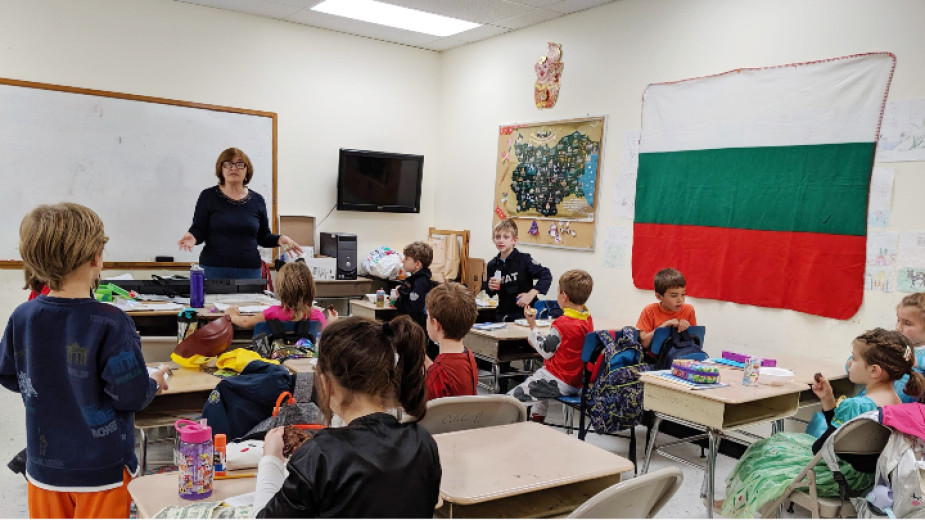 4
4
Sunday schools are at the heart of Bulgarian communities around the world, where children learn their mother tongue, culture, history and traditions. There are nearly 400 schools abroad and more than half of them are members of the State Agency for Bulgarians Abroad (SABA). For 15 years, this NGO has been uniting Bulgarians around the world and providing conditions and opportunities for the children of Bulgarians to maybe one day return to their Homeland.
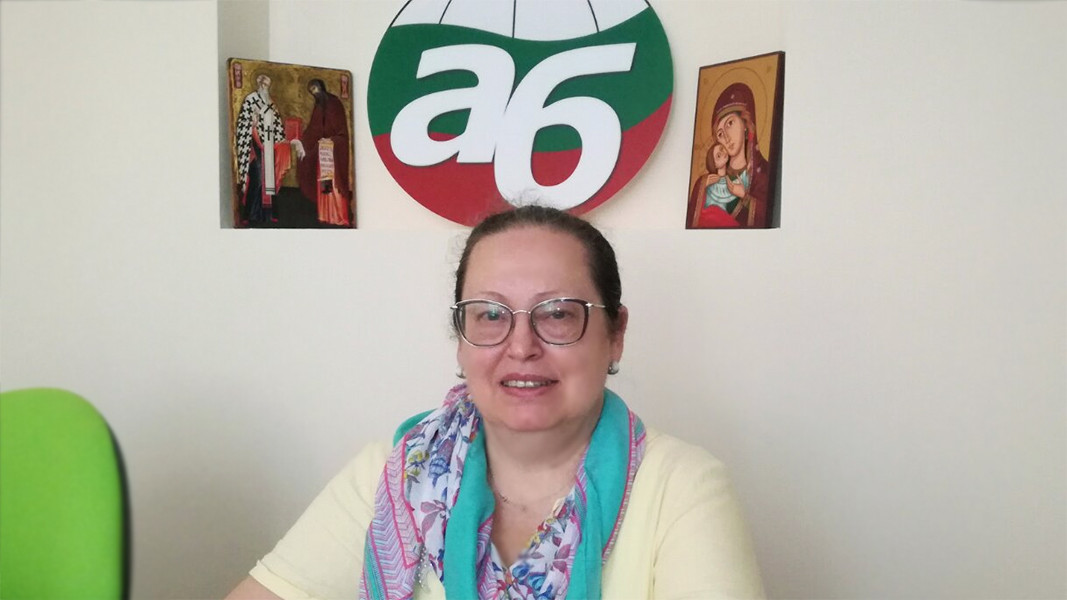
"One of the reasons we founded the SABA was that we at the time were all struggling with the same problems, but in isolation," Irina Vladikova, SABA chairperson, recalls. Ms. Vladikova has been the head of the Bulgarian school St. Cyril and Methodius in Austria for 30 years, where she teaches Bulgarian language and literature to children from 5th to 12th grade. She says the association, which is a unique organisation of the Bulgarian diaspora, has played a significant role in ensuring that its activities are now part of the Bulgarian education system.
"These schools are not aliento Bulgaria, on the contrary," Irina Vladikova adds, "Schools abroad should be responsibility of the State. But times were like that - even the few state schools abroad that existed until 1989 were closed after the fall of communism and their funding was cut off. We Bulgarians are a wise people, wherever we go, we establish a church and a school. And this is one of our strengths - the pursuit of education. When our school was founded in Vienna - and I guess this is true for many other schools as well - people were driven by the idea that their children should know their language, their roots, their past, traditions, customs, etc.
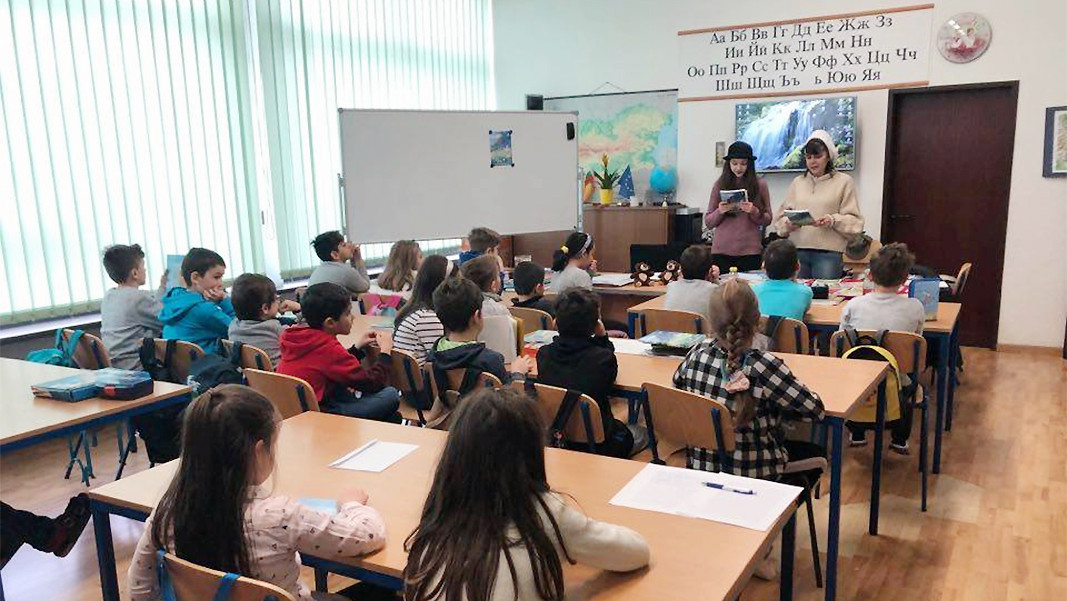
And that was the beginning. So co-financing and especially being recognized as part of Bulgaria's education system are our first big triumphs. We are one, and we should not be seen as an exotic appendix, but as a working system, encompassing a large number of children, who may live outside Bulgaria's borders, but they are children of Bulgaria. For me, education is a national cause and must become a national priority. It is high time this was realized, because as absurd or pathetic as it may sound, 13 ministers of education have changed in the 15 years of our organization’s existence."
Some of these ministers will be guests at the SABA annual conference. After a two-year hiatus due to the pandemic, the forum will once again bring together nearly 70 representatives of Bulgarian schools from six continents - Europe, Asia, the Americas, Africa and Australasia.
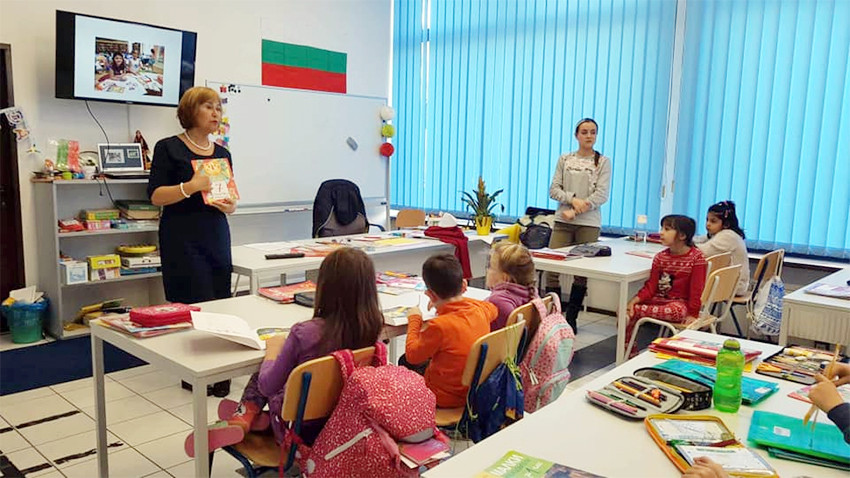
"Life is full of surprises. No one expected neither the pandemic, nor this big leap in the development of digital communications, for which we are grateful, because this way we could still be in touch - says Irina Vladikova. - We did seminars, online conferences, well, not in-person, but still - communication is and has always been the strength of our organization. We have helped each other a lot, especially in the first year, with advice, experience, trainings.
Of course eye-to-eye contact is always better, and so we are very happy to organize this conference and to meet again after a two-year break.
The timing is unfortunately not the best - on the one hand, it is holiday time, on the other, the political situation is difficult, but we hope that most of the people who have helped us for these 15 years will be present."

Among the guests of the meeting will be members of the Bulgarian science community, with whom SABA has been building a good cooperation in recent years. It is also important to note that through the partnership of Bulgarian schools abroad with the Department of Language Education at Sofia University in 13 states of the United States, the Bulgarian language is included in the "Seal of Biliteracy" system, which gives an advantage when applying to university or for a job.
"A great deal has been done in a short period, which is not typical for the Bulgarian education system - Irina Vladikova continues. - But it worked for us, maybe because we were a new phenomenon and it was possible to try new approaches. For example, we were the first to work with 4-year-olds. For us this is a very important part of the program because a large number of children who come to us at this age speak little or no Bulgarian."

Bulgarian communities around the world have been very active in reacting to socio-political events in Bulgaria. To what extent does this affect the school environment?
"All in all, we are independent and SABA works well with representatives of all political parties. Because, I say again, education is a national value, itmust be supported by all of us, consistently, continuously, building on. Because education abroad is actually an element of national security. We all know that if we don't preserve our language, our country is in danger, given its demographic problem. It is no coincidence that in recent years there has been a lot of talk about going back. But a family would not return to Bulgaria if the child is not ready for it, if they do not know the language. Things are so connected and it is not a question which party you belong to."
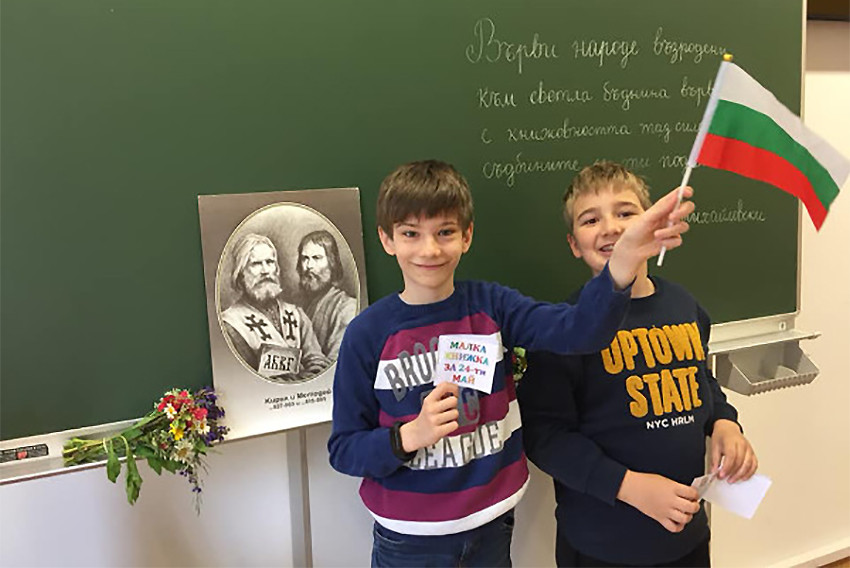
Photos: Elena Karkalanova, Bulgarian school St. Cyril and Methodius in Austria – Facebook /@abvschule, bg-school.org, bulgaren.org
On March 30, 2004, the first issue of a Bulgarian newspaper in Great Britain, "BG Ben", was published. The beginning was modest – eight pages in A4 format and a big dream – to become a unifier of Bulgarians on the Island. Today, 20 years later, the..
The Bulgarian State Railways (BDZ) is organizing a holiday trip for railway enthusiasts. A Christmas train with a steam locomotive and six festively decorated carriages will run on December 21 on the Gorna Oryahovitsa - Pleven - Gorna..
The Bulgarian Hotel and Restaurant Association has presented its annual awards for professional achievements in the field of tourism, in which it also distinguished the work of Swiss Elizabeth Bleecker in promoting Bulgaria as a tourist destination in..

+359 2 9336 661
